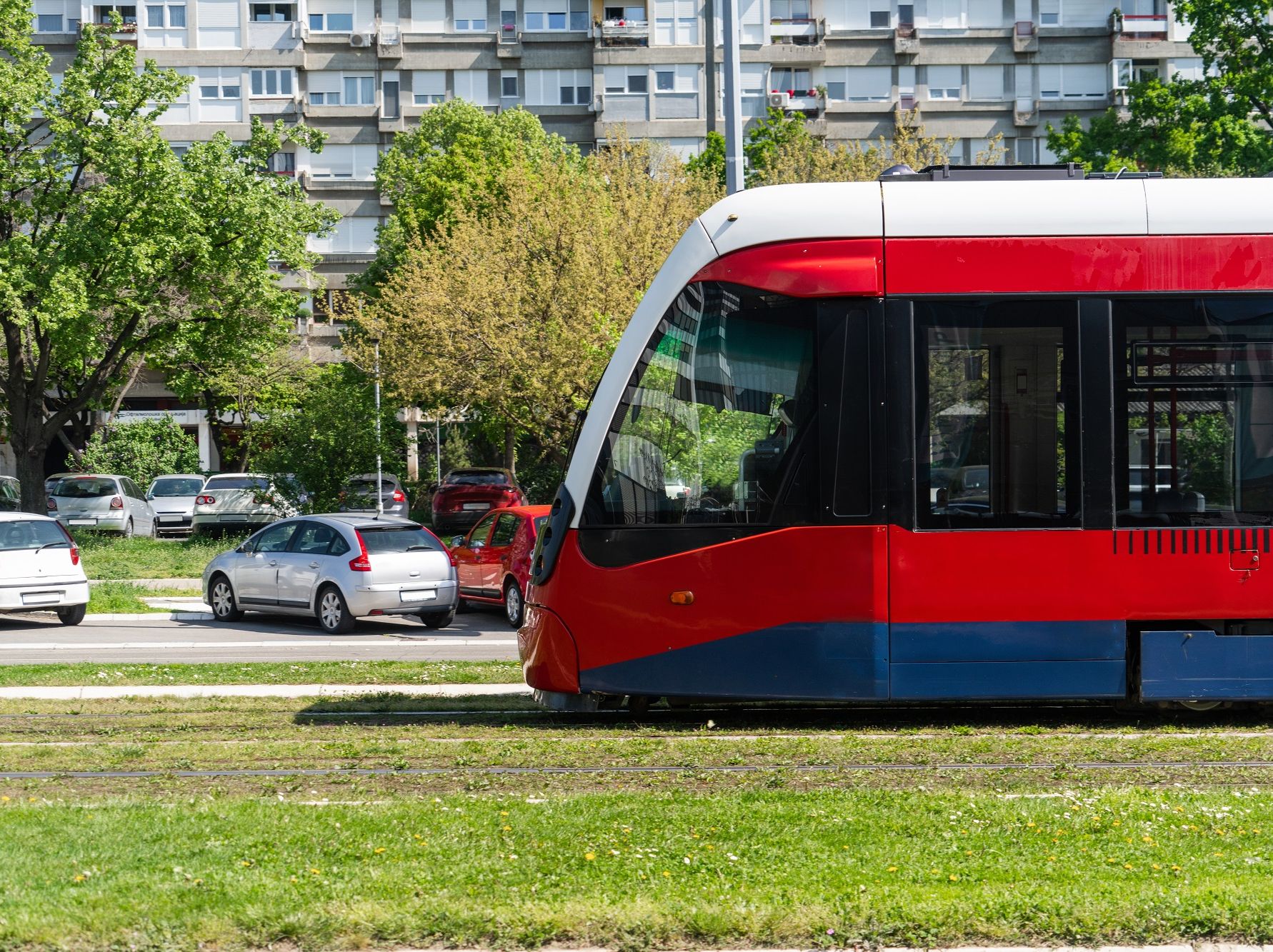Are employees in Belgrade still entitled to the cost of commute?
According to the Labor Act, an employee has the right to a reimbursement of the costs for commuting to and from work, in accordance with the employer’s Work Rules/Collective Agreement or employment contract, up to the amount of the public transportation ticket price, unless the employer has organized transport for its employees.
Therefore, according to the letter of law, employees are entitled to reimbursement of the cost of commuting to and from work, if incurred, regardless of whether they use public transportation or commute in other ways such as by car, taxi, or bicycle. The price of a public transportation ticket is not relevant for determination of the type of transportation that entitles the employee to the reimbursement, but rather serves as a reference for the amount of reimbursement the employee is entitled to. Since the Mayor of Belgrade has made public passenger transport in the integrated tariff system within the territory of the City of Belgrade free from 1 January 2025, a literal reading of the relevant provision of the Labor Act leads to the conclusion that employees in Belgrade still have the right to transportation cost reimbursement, but in the amount of 0 dinars.
In this regard, the Ministry of Labor has published an opinion on 4 February 2025, stating that the law should not be interpreted in a way that the employees living and working in Belgrade have lost the right to transportation cost reimbursement solely because public transport in Belgrade has become free. The Ministry believes that “each employer needs to address the method and amount of payment of this reimbursement” in their Work Rules Collective Agreement or in individual employment contracts, and that the employer may decide to reimburse employees for transportation costs up to the amount of the public transportation ticket price in Belgrade that was in effect immediately before public transport became free in Belgrade.
According to the Personal Income Tax Act, reimbursement of the cost of commute is non-taxable up to the amount of RSD 5,398, provided that the employee can document the expense. This means that employers will still need to request proof of incurred transportation costs from employees if they wish to use this tax benefit. Consequently, we think that the employers in Belgrade can condition transportation cost reimbursement for employees by requiring proof of incurred expenses, such as a taxi receipt, fuel receipt, parking receipt, and even (arguably) a receipt for the maintenance of a bike or a motorcycle used for the commute.
This insight is published for information purposes only and does not constitute legal advice. For more information or assistance with the topic, please contact office@bdkadvokati.com.


